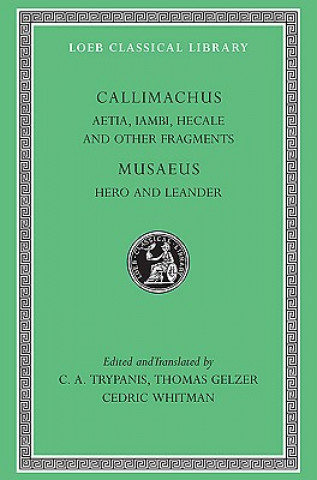
Kod: 01991587
Aetia, Iambi, Hecale and Other Fragments. Hero and Leander
Autor Callimachus
Callimachus of Cyrene, born ca. 310 BCE, after studying philosophy at Athens, became a teacher of grammar and poetry at Alexandria. Ptolemy II Philadelphus of Egypt (reigned 285247) made him when still young a librarian in the new ... więcej
- Język:
 Angielski
Angielski - Oprawa: Twarda
- Liczba stron: 448
Wydawca: Harvard University Press, 1958
- Więcej informacji o książce

Zobacz książki o podobnej tematyce
-
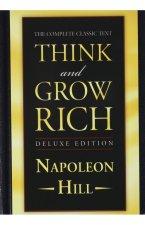
Think and Grow Rich Deluxe Edition
94.56 zł -15 % -
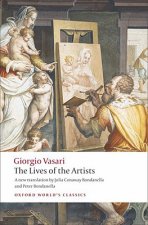
Lives of the Artists
57.31 zł -5 % -

Warriors Manga: Skyclan and the Stranger #1: The Rescue
37.44 zł -5 % -

Death of Marco Pantani
51.69 zł -23 % -
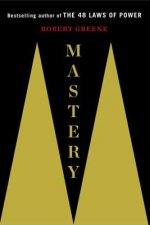
Mastery
133.31 zł -4 % -
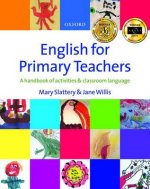
English for Primary Teachers
259.21 zł -
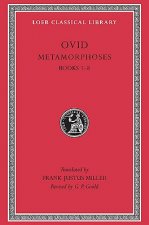
Metamorphoses
164.94 zł -
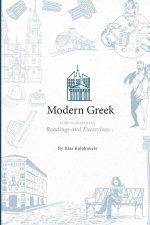
Modern Greek for Classicists
103.30 zł -
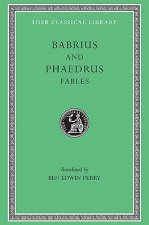
Fables
154.80 zł -
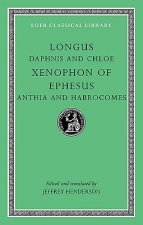
Daphnis and Chloe. Anthia and Habrocomes
154.80 zł -
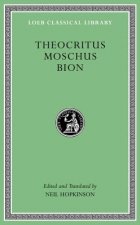
Theocritus. Moschus. Bion
154.80 zł -
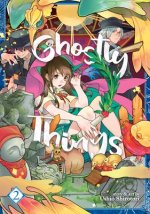
Ghostly Things Vol. 2
62.63 zł -10 % -
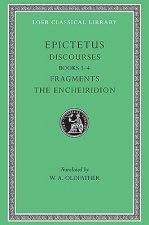
Discourses, Books 3-4. Fragments. The Encheiridion
143.05 zł -4 % -
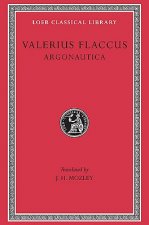
Argonautica
154.80 zł -
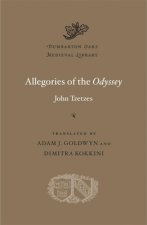
Allegories of the Odyssey
191.74 zł -
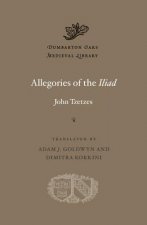
Allegories of the Iliad
191.74 zł -
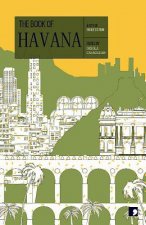
Book of Havana
52.29 zł -15 % -
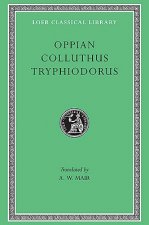
Oppian, Colluthus, and Tryphiodorus
154.80 zł -
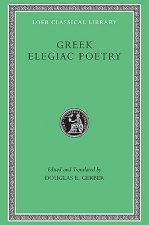
Greek Elegiac Poetry
154.80 zł -
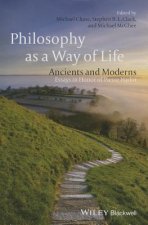
Philosophy as a Way of Life
545.43 zł -

Artist's House
164.74 zł
Powiadomienie o dostępności
Wpisz swój adres e-mail, aby otrzymać od nas powiadomienie,
gdy książka będzie dostępna. Proste, prawda?
Więcej informacji o Aetia, Iambi, Hecale and Other Fragments. Hero and Leander
 Opis
Opis
Callimachus of Cyrene, born ca. 310 BCE, after studying philosophy at Athens, became a teacher of grammar and poetry at Alexandria. Ptolemy II Philadelphus of Egypt (reigned 285247) made him when still young a librarian in the new library at Alexandria; he prepared a great catalogue of its books. Callimachus was author of much poetry and many works in prose, but not much survives. His hymns and epigrams are given with works by Aratus and Lycophron in another volume ("no. 129") of the Loeb Classical Library. In the present volume are included fragments of the "Aetia" (Causes), aetiological legends concerning Greek history and customs; fragments of a book of "Iambi"; 147 fragments of the epic poem "Hecale, " which described Theseus's victory over the bull which infested Marathon; and other fragments. We have no explicit information about the poet Musaeus, author of the short epic poem on "Hero and Leander," except that he is given in some manuscripts the title Grammatikos, a teacher learned in the rhetoric, poetry and philosophy of his time. He was obviously a follower of the Egyptian poet Nonnus of Panopolis, of the fifth century AD, and his poem seems also to presuppose the "Paraphrase of the Psalms" of Pseudo-Apollinarius which can be dated to the period 460470. Musaeus takes up a subject whose first detailed treatment is preserved in Ovid's "Heroides" (Epistles 18 and 19), but he presents it in a quite different manner. Among the literary antecedents to which this learned grammatikos expressly alludes, the most prominent are Books 5 and 6 of the "Odyssey" and Plato's "Phaedrus." He draws too on the "Hymns" of Proclus and the "Metaphrasis of the Gospel of St. John" by Nonnus. He was most probably a Christian Neoplatonist writing a Christian allegory.
 Szczegóły książki
Szczegóły książki
Kategoria Książki po angielsku Literature & literary studies Prose: non-fiction Literary essays
- Pełny tytuł: Aetia, Iambi, Hecale and Other Fragments. Hero and Leander
- Autor: Callimachus
- Język:
 Angielski
Angielski - Oprawa: Twarda
- Liczba stron: 448
- EAN: 9780674994638
- ISBN: 0674994639
- ID: 01991587
- Wydawca: Harvard University Press
- Waga: 336 g
- Wymiary: 118 × 174 × 25 mm
- Data wydania: December 1958
Ulubione w innej kategorii
-
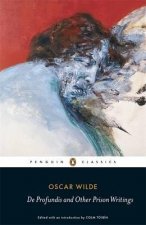
De Profundis and Other Prison Writings
48.78 zł -14 % -

Walden
52.20 zł -15 % -
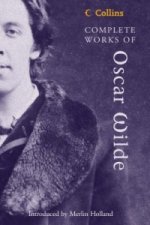
Complete Works of Oscar Wilde
70.16 zł -23 % -
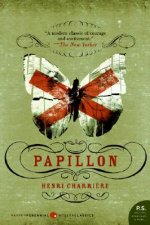
Papillon
73.38 zł -5 % -
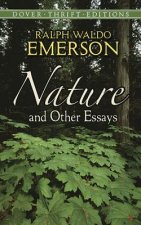
Nature and Other Essays
37.44 zł -5 % -
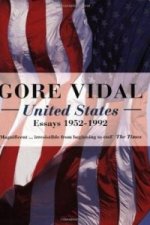
United States
79.20 zł -23 % -

Ocean, the Bird, and the Scholar
117.15 zł -
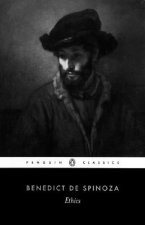
Ethics
47.18 zł -23 % -

WHITE ALBUM: ESSAYS
69.96 zł -14 % -
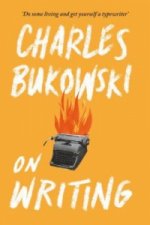
On Writing
37.64 zł -26 % -
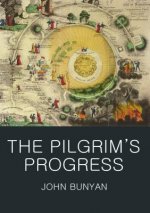
The Pilgrim's Progress
24.49 zł -23 % -
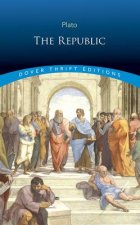
Republic
31.31 zł -23 % -
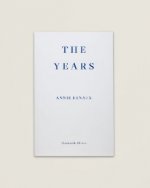
Years - WINNER OF THE 2022 NOBEL PRIZE IN LITERATURE
64.44 zł -15 % -
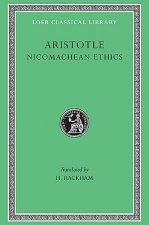
Nicomachean Ethics
143.05 zł -4 % -
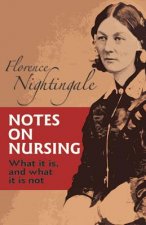
Notes on Nursing
28.90 zł -23 % -
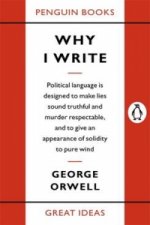
Why I Write
27.90 zł -3 % -
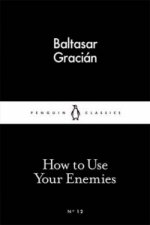
How to Use Your Enemies
15.25 zł -23 % -
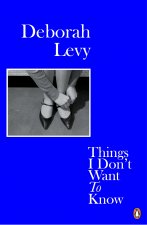
Things I Don't Want to Know
52.20 zł -15 % -
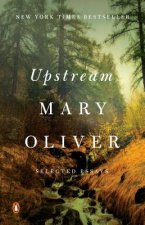
Upstream
66.35 zł -14 % -
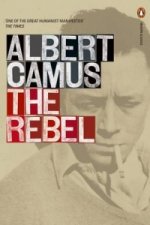
Rebel
47.18 zł -23 % -
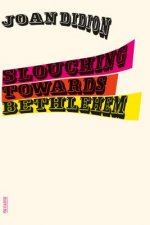
Slouching Towards Bethlehem
51.29 zł -37 % -

On Love
37.64 zł -26 % -
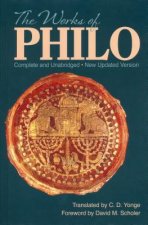
The Works of Philo
100.38 zł -7 % -
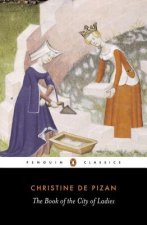
Book of the City of Ladies
69.96 zł -11 % -
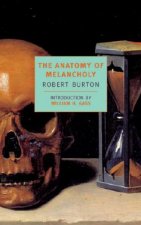
Anatomy Of Melancholy
137.03 zł -4 % -
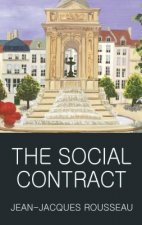
Social Contract
24.49 zł -23 % -
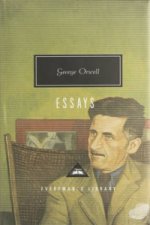
Essays
138.53 zł -23 % -
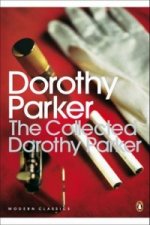
Collected Dorothy Parker
60.93 zł -23 % -
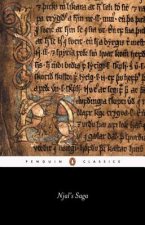
Njal's Saga
51.69 zł -23 % -
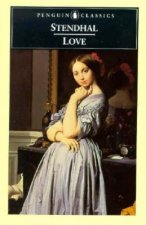
Love
51.69 zł -23 % -
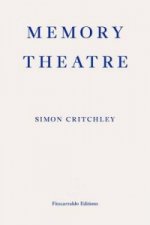
Memory Theatre
51.69 zł -23 % -
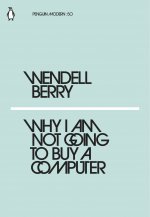
Why I Am Not Going to Buy a Computer
15.25 zł -23 % -
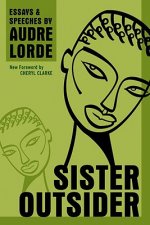
Sister Outsider
77.29 zł -5 % -
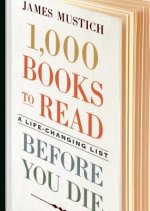
1,000 Books to Read Before You Die
163.33 zł -11 % -
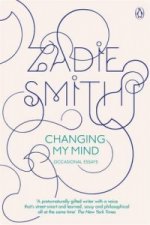
Changing My Mind
51.69 zł -23 % -
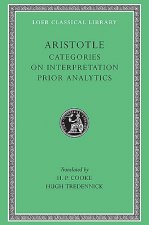
Categories. On Interpretation. Prior Analytics
154.80 zł -
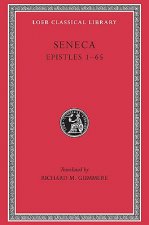
Epistles
154.80 zł -
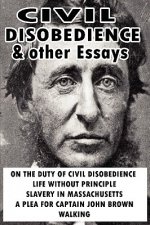
Civil Disobedience and Other Essays
43.96 zł -4 % -
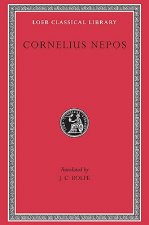
On Great Generals. On Historians
154.80 zł -
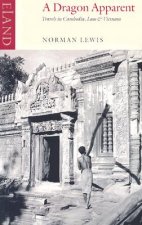
Dragon Apparent
60.93 zł -23 % -

How to be Alone
39.85 zł -15 % -
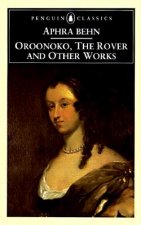
Oroonoko, the Rover and Other Works
42.56 zł -23 % -
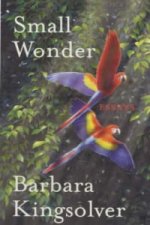
Small Wonder
56.31 zł -23 % -
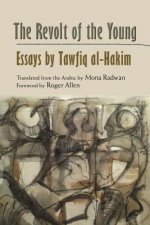
Revolt of the Young
144.05 zł -
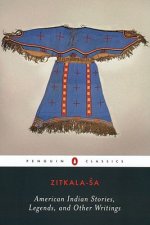
American Indian Stories, Legends, and Other Writings
73.38 zł -5 % -
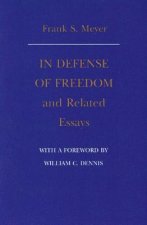
In Defense of Freedom & Related Essays
69.96 zł -
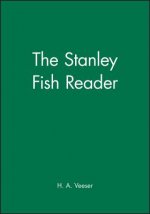
Stanley Fisher Reader
307.39 zł -
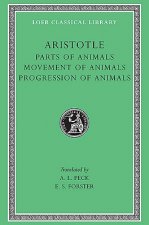
Parts of Animals. Movement of Animals. Progression of Animals
154.80 zł -
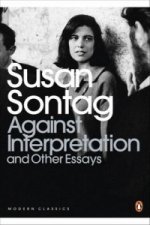
Against Interpretation and Other Essays
56.41 zł -23 %
zadowolonych klientów
Od roku 2008 obsłużyliśmy wielu miłośników książek, ale dla nas każdy był tym wyjątkowym.
Copyright! ©2008-24 libristo.pl Wszelkie prawa zastrzeżonePrywatnieCookies



 21 milionów książek
21 milionów książek Dostawa 10.99 zł
Dostawa 10.99 zł (32) 444 93 66 (8-15.30h)
(32) 444 93 66 (8-15.30h)